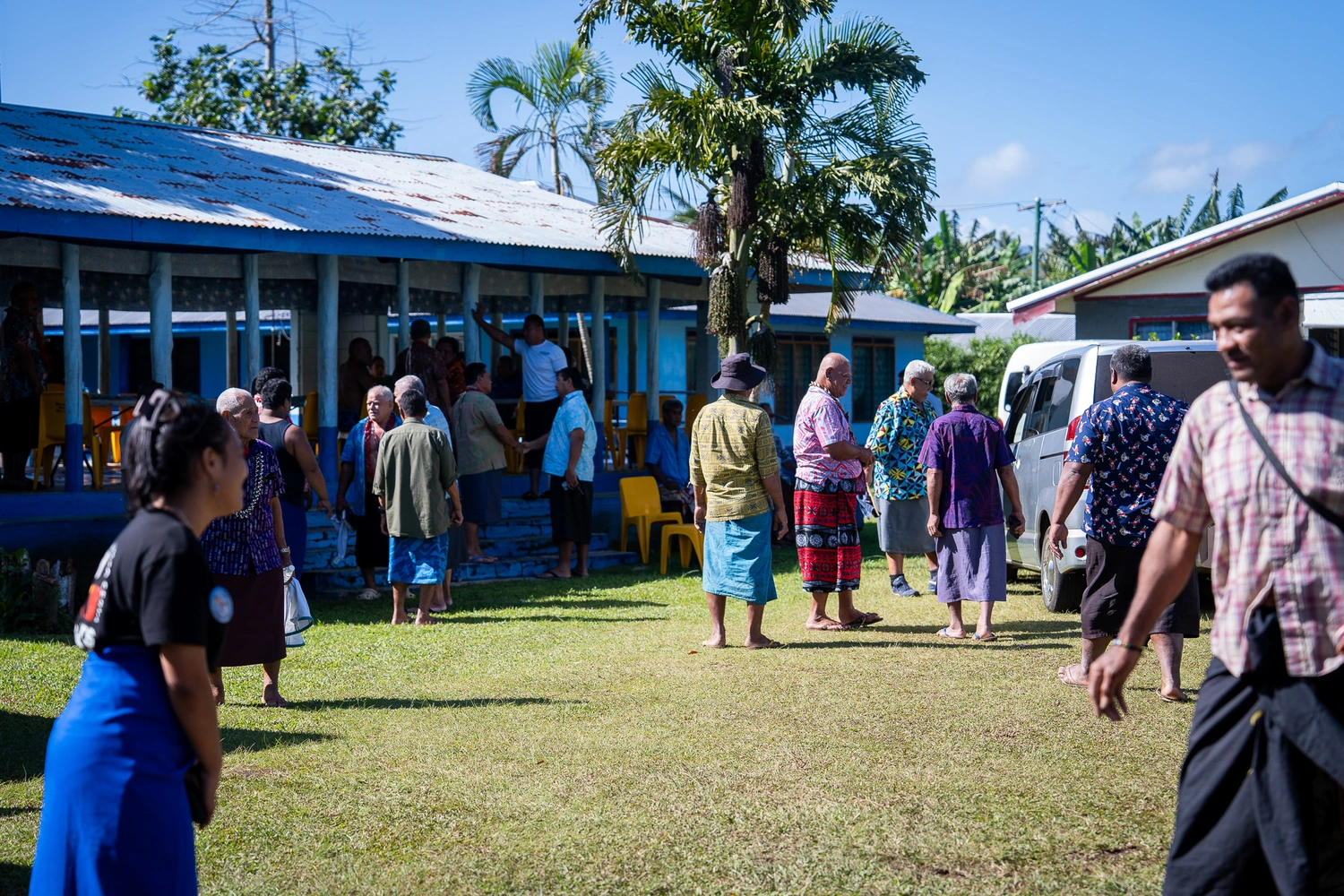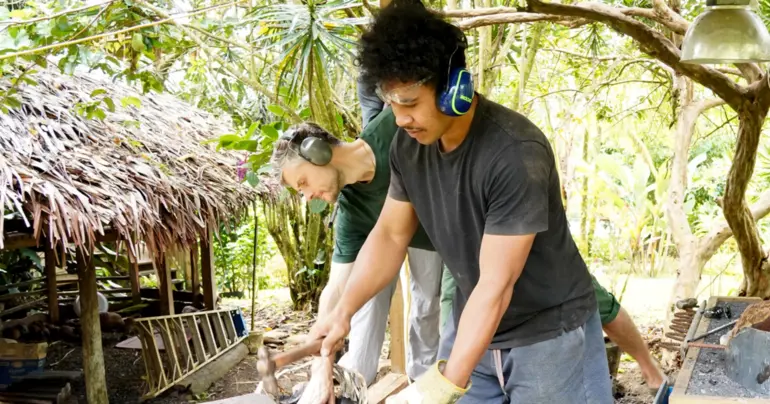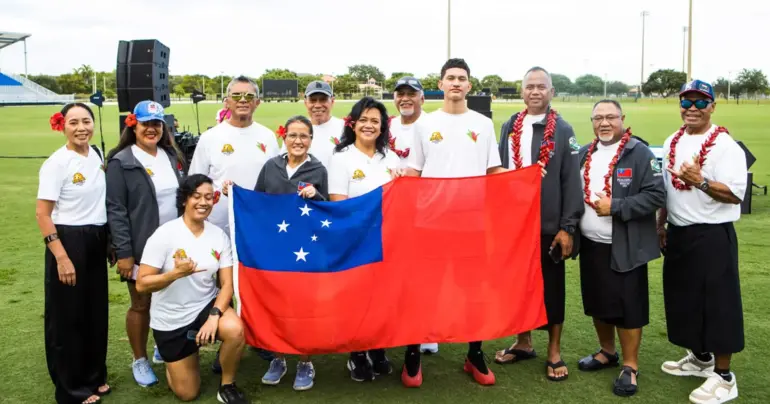Village councils and the Constitution
From history and our own experience, we know how insults, whether real or imagined, and mean-spirited rhetoric, can destroy reputations, relations, peace, and unity.
We can see this concern behind some of the complaints and defamation charges before the Courts. We also know from media reports that the PM’s question over the Falelatai decision to ban political roadshows is related to the integrity of the Constitution.
My interest in the case and others like it is in how we can make better use of the Constitution to strengthen the village councils, address the reasons for infringements in their decisions. and strengthen their governance role.
As a start, I think the identity of the Constitution as the “Supreme Law” is worthy of more exposure and respect, serving as a constant reminder that no one is or can be above the Constitution. All Acts of Parliament are assumed to be compliant with the Constitution, and their application through bylaws should be as well.
One of the most important Acts of Parliament is the Village Fono Act of 1990 and its Amendment Act of 2017, which empowers a Village Fono to make faiga fa’avae or i’ugafono (bylaws) for application in its village:
• Hygiene and sanitation;
• Land use and development for economic benefit;
• Maintaining social harmony and cohesion;
• Promoting living standards;
• Imposing curfews;
• Protecting natural resources and the environment;
• Protecting Samoan customs and traditions;
• Safeguarding village norms traditions and protocols;
• Natural justice and fairness in decision making;
• Recording minutes of discussion and decisions; and
• Other matter promoting wellbeing harmony & good order;
Looking at the list, functions like maintaining social harmony and cohesion, and safeguarding traditional norms and protocols, could be considered as good enough reasons to restrict roadshows that peddle misinformation and sow discord.
Unfortunately, Falelatai is one of the villages without a faiga fave, which would have provided it with the information on Fundamental Rights and procedures to ensure compliance with the Fono Act and the Constitution.
A village doesn’t need to have one, and the responsible Ministry (Women, Community and Social Development) is careful not to be seen to be pushing it. At the same time, funds would be welcomed by the Ministry to help interested villages develop, revise and enforce bylaws.
The Fono Act also gives the Village Council the power to regulate developments on village lands and the stewardship rights, pulefa’amalumalu, over public lands, defined by the high-water marks around the wetlands and the foreshores.
Vital for the effective enforcement of environmental safeguards, a problem in the country, is the cooperation of village councils and village mayors who, without the bylaws, may not be well aware of their rights and responsibilities under the Act and Constitution.
Village bylaws are recognised in the 2018 Community Integrated Management Plan (CIMP) as governance frameworks for community development, and some villages have used them as a constitution or accountability framework in grant applications.
I also believe that the Constitution’s intentions for our Independent State to be based on Christian principles and Samoan custom and tradition, can be more helpful as underlying values for decision-making in the villages and districts.
Principles for faiganu’ulelei or “village good governance” in the bylaws could include core Christian principles (love, unity, and self-control) with key Samoan governance norms of soālaupule (shared governance) fētala’i (spread the message) and lē fa’aitua’u,(non-discriminatory) to promote decisions aligned with Christian values and the fa’a Samoa.
These are meant to be ideas for consideration and application, as appropriate but when all is said and done, the only ‘good ideas’ are those which land in the reality of our day-to-day existence.
The Constitution and the Village Fono Act provide the blueprint and the accountability framework which village faiga faavae and i’ugafono could use to empower themselves and, with a governance grant and capacity building programs, enable them to promote wellbeing, harmony and order, develop their lands, and use natural resources and environment without compromising the future.











